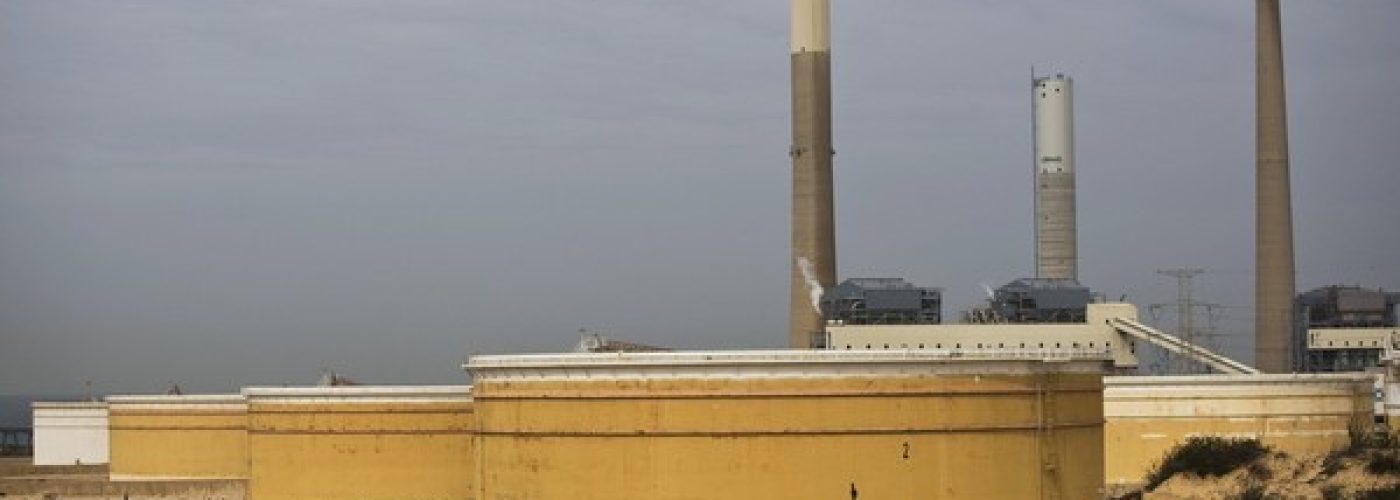 ©Reuters
©Reuters
Oil storage containers at Ashkelon operated by EAPC, the joint venture set up 1968
A Swiss court has ordered Israel to pay its arch-enemy Iran about $1.1bn after it lost an appeal in a long-running dispute over an oil pipeline that predates the 1979 Islamic revolution.
The Swiss Federal Tribunal’s verdict, dated June 27 and published on the court’s website, ruled in favour of Iran in regard to the Eilat Ashkelon Pipeline Company (EAPC), an Israeli-Iranian joint venture set up in 1968 when the Jewish state had friendly relations with the royalist Iranian regime.
The Swiss court ruling also ordered Israel to pay Iran SFr450,000 ($461,700) in court costs and legal fees.
The decision is a blow for Israel in its secretive court battle with Iran over proceeds from the pipeline company, which was set up as a way for Tehran to pipe crude from the Red Sea to the Mediterranean via a cheaper and less politically volatile route than the Suez Canal.
Israel nationalised the company after the Islamic revolution in 1979, but has pursued Iran in court in France and Switzerland for billions of dollars of damages for assets and revenues it alleges it lost in the years since.
Parviz Mina, a Paris-based consultant and former official at Iran’s national oil company before the revolution, said Israel has also sought redress against Iran for its embassy and other assets that were seized by the Islamic republic.
“There are claims and counterclaims on both sides,” Mr Mina said.
The EAPC, based in Ashkelon, operates under an Israeli state decree that shrouds its affairs — including the company’s earnings — in secrecy. News reports relating to it in Israel are subject to military censorship.
Israel says the secrecy order is in place for national security reasons, but does not specify what they are.
There are claims and counterclaims on both sides
– Parviz Mina, oil industry consultant
There has also been no public reaction to the ruling in Iran.
Israel, which sees Iran’s nuclear programme and threats made by Iranian officials against it as a paramount security threat, classifies the country as an “enemy state”.
It is unclear whether it will repay the money ordered by the court.
When the Swiss court originally ruled in Iran’s favour last year, Israel’s finance ministry said that laws of trade prohibited it from transferring funds to an enemy country.
Last year’s conclusion of the US-led nuclear deal with Iran — which Israel vocally opposed — and the subsequent easing of sanctions on the lslamic republic, has raised speculation among people who follow the pipeline dispute that Iran might now find it easier to collect on any financial claims against Israel.
An Israeli government spokesman declined to comment on Israel’s loss of the appeal.
In December 2014 the oil pipeline, which the EAPC uses to transport crude from other countries, sprang a leak in southern Israel, causing the worst environmental disaster in Israeli history. The spill is the subject of a civil suit.
Copyright The Financial Times Limited 2016. You may share using our article tools.
Please don’t cut articles from FT.com and redistribute by email or post to the web.





